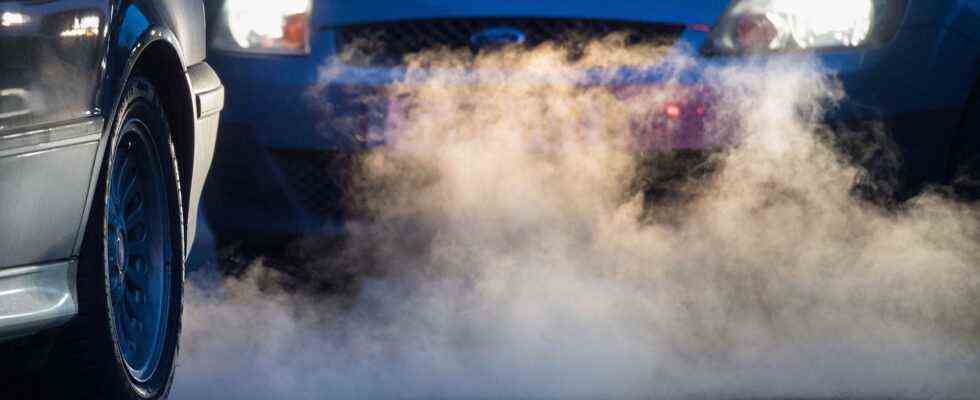comment
Status: 07/14/2021 5:50 p.m.
The EU Commission wants to stop climate change with a new package of measures. In order for this to work, all member states have to go along with it. Doubts are in order because There is still disagreement about the “how” of climate protection.
A comment by Stephan Ueberbach,
ARD studio Brussels
Commission President Ursula von der Leyen described the planned green restructuring of the European economy as Europe’s “man-on-the-moon moment”, with the usual extra portion of pathos. As of today it is clear which rocket the EU should use to achieve its climate goals. It consists of stricter limits, new taxes and higher prices. But will these rocket stages also ignite? Doubts are not only allowed, they are appropriate.
If the proposals from the von der Leyen team are to become a reality, all EU states have to go along with them. And they do agree in principle that climate change must be stopped – and that as quickly as possible in view of ever new heat records, forest fires, flood disasters and hurricanes. That means: It’s not about “whether”, but about “how” – but that is where European unity quickly comes to an end.
The “how” is a headache
The planned kerosene tax, for example, can only be passed unanimously, but it has resolute opponents, in Ireland, for example, the home of low-cost airline Ryan Air. But Federal Transport Minister Andreas Scheuer – just like the head of Germany’s largest airport in Frankfurt – is strictly against it. The argument: the airlines will then move their hubs to locations where it is cheaper, such as Dubai. With the CO2 border levy for steel, aluminum or fertilizer imports from third countries, which are not so strict about climate protection, a new dispute with trading partners such as the USA, Russia or Turkey is programmed.
And many also consider the planned emissions trading scheme for buildings and transport to be a bad idea. Poland has already expressed concerns because it will drive up fuel prices and heating costs and nobody knows how the planned social compensation for poor countries and families will work.
Then there is the fear of European politicians about the anger of the yellow vests. French President Emmanuel Macron has seen how quickly popular anger can boil up when driving becomes more expensive. And if you want to restrict cheap flights to Mallorca in Germany, you don’t even need to take the next election.
Combustion engine is about to end
However, one thing is certain as of today: The end of the classic combustion engine is sealed. The last petrol and diesel will roll off the production line around the year 2035, at least in Europe. This is ensured by stricter CO2 requirements, which are actually no longer needed because many manufacturers have long since geared their strategies towards electric drives and are thus further ahead than politicians. Opel, for example, or Volvo, Audi and VW.
So the auto industry has clarity about where the journey is headed. From now on, however, there will be bitter arguments about fuel prices, heating costs, CO2 taxes and much more. Between the member states and in the European Parliament. That takes at least months, if not years. Only then will it be known whether Ursula von der Leyen’s air-conditioning rocket will actually take off towards the moon – or whether it will fizzle out like fireworks shortly after take-off.
EU climate package Fit-for-55: moon rocket or blinding fire?
Stephan Ueberbach, ARD Brussels, July 14, 2021 5:43 p.m.
Editorial note
Comments generally reflect the opinion of the respective author and not that of the editors.

